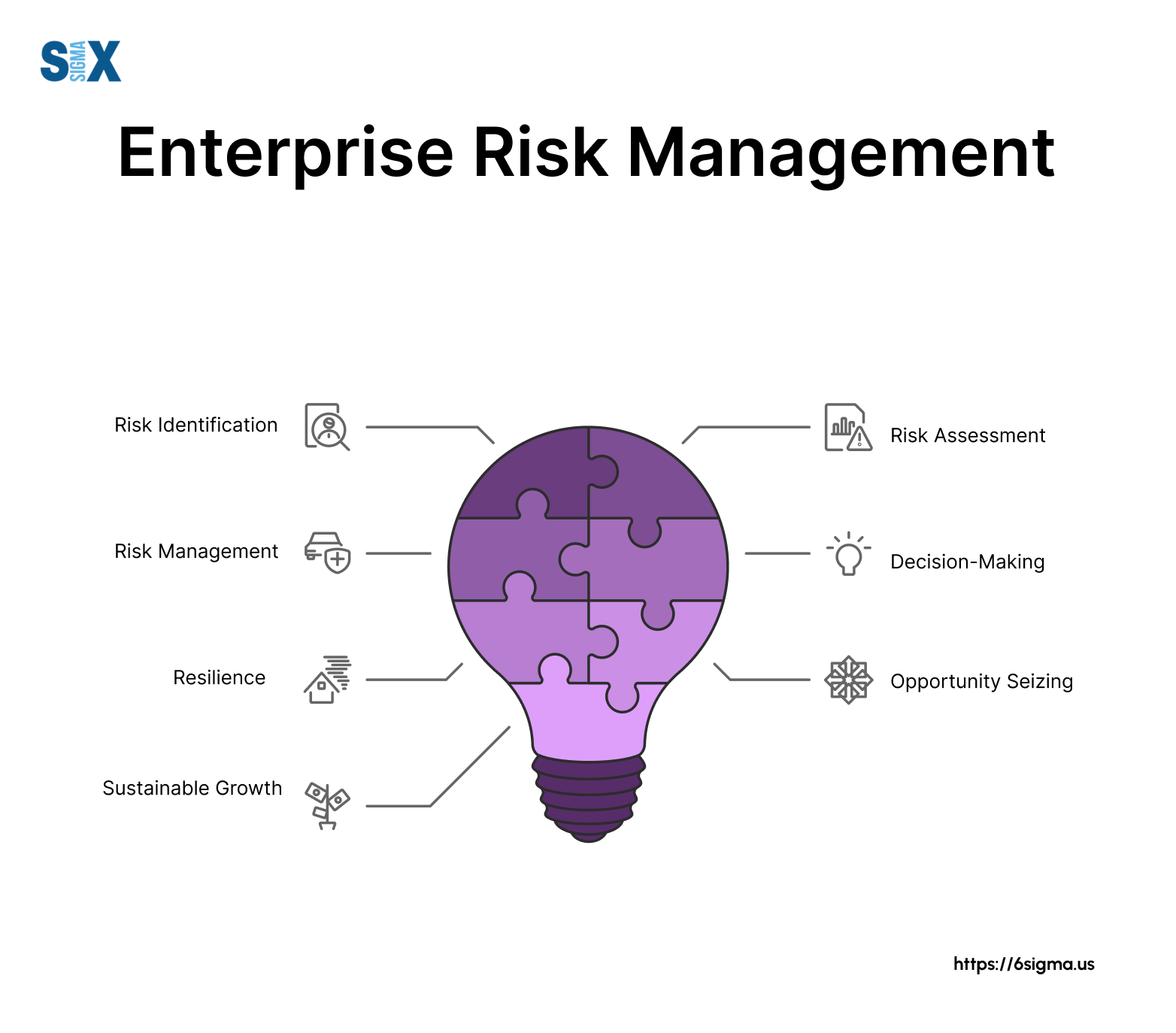Exploring the Sustained Benefits and Importance of Risk Management for Startups
Exploring the Sustained Benefits and Importance of Risk Management for Startups
Blog Article
The Critical Relevance of Risk Management in Achieving Business Objectives
This is where Risk Management steps in, supplying a structured approach to determining, examining, and mitigating possible barricades to proceed. As we explore the vital duty of Risk Management in attaining business objectives, one can not question yet aid: just how does this equate right into real-world success?
Recognizing the Concept of Risk Management in Service

The Integral Role of Risk Management in Strategic Preparation
Integrating Risk Management right into strategic preparation acts as a secure for companies, securing their long-term strategies with a strong foundation of readiness and resilience. Risk Management offers a framework for preparing for uncertainties and creating suitable reactions, ensuring the company's survival and prosperity even in the face of difficulty. By including Risk Management into calculated planning, organizations can transform these uncertainties right into opportunities for development and advancement.

Techniques for Identifying, Assessing, and Focusing On Dangers
Navigating the facility landscape of risks requires the application of details methods for their identification, prioritization, and evaluation. The procedure starts with Risk recognition, utilizing devices such as SWOT analysis, which aids in identifying potential dangers and possibilities. Next off, Risk evaluation is conducted to establish the potential effect and chance of each Risk. Devices such as Risk matrices and impact-probability graphes are used for this. Threats are prioritized based on their possible effect and chance, enabling companies to focus their sources on critical dangers. This systematic strategy makes certain a thorough understanding of the Risk landscape, allowing companies to make educated decisions and effectively take care of risks to attain their goals - importance of risk management.
Safeguarding Organizational Procedures Through Reliable Risk Management
In the organization landscape laden with uncertainties, efficient Risk Management plays an essential role in protecting organizational operations. It acts as a protective guard, mitigating the my review here unfavorable effects of potential threats and guaranteeing the smooth functioning of all processes. By determining and evaluating potential hazards, Risk Management enables organizations to develop robust backup strategies. This preventive technique aids in keeping functional security, even when challenged with unforeseen situations. In essence, Risk Management is the lifeline that maintains the organizational operations afloat in the middle of unstable waters. It guarantees not only the survival yet the sustainable development of an organization, making it an important tool in attaining service objectives. Organizations must spend in detailed Risk Management techniques to secure their look these up procedures.

Transforming Potential Dangers to Opportunities: The Power of Risk Management
While possible risks may at first show up as roadblocks to organizational success, effective Risk Management can change them right into possibilities. A positive approach to take the chance of Management entails identifying, examining, and focusing on threats to develop methods that transform them right into prospective advantages. This procedure demands the growth of a risk-aware culture within the organization, encouraging individuals to see dangers as prospective drivers for adjustment and development, as opposed to mere threats. importance of risk management. Through this lens, prospective dangers come to be possibilities to introduce, boost procedures, and reinforce strength. Hence, by leveraging the power of Risk Management, organizations can not only secure their procedures yet also spur growth and accomplish their objectives in an uncertain business atmosphere.
Case Studies: Success Stories of Risk Management Driving Business Objectives
Successful execution of Risk Clicking Here Management approaches has yielded outstanding results in numerous businesses, emphasizing the benefits of this technique. Multinational business like Microsoft and Google, for circumstances, have actually leveraged Risk Management to lessen risks and manipulate chances, driving their business purposes ahead. These examples highlight how effective Risk Management can not only guide services clear of potential pitfalls however also lead them towards their critical goals.
Conclusion
In conclusion, Risk Management is essentially essential in accomplishing business objectives. By including Risk Management into tactical planning, organizations can much better navigate uncertainties, secure procedures, and capitalise on opportunities, thus straightening with long-term goals.
At its core, Risk Management is the process of determining, examining, and dealing with prospective threats that could negatively affect a company's procedures or objectives. Next off, Risk assessment is conducted to ascertain the possible influence and probability of each Risk. Dangers are focused on based on their possible influence and chance, permitting companies to concentrate their resources on high-priority risks. By identifying and analyzing potential dangers, Risk Management enables organizations to develop robust contingency strategies. An aggressive approach to risk Management includes determining, examining, and prioritizing risks to design approaches that turn them right into possible advantages.
Report this page